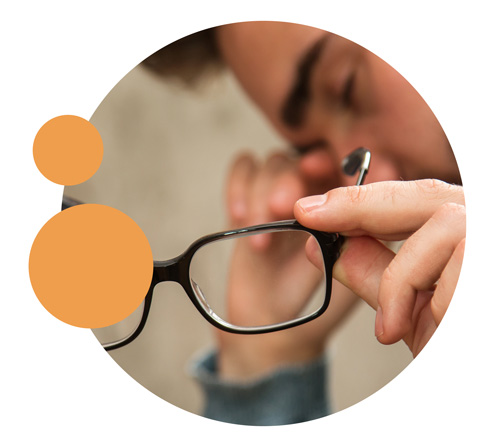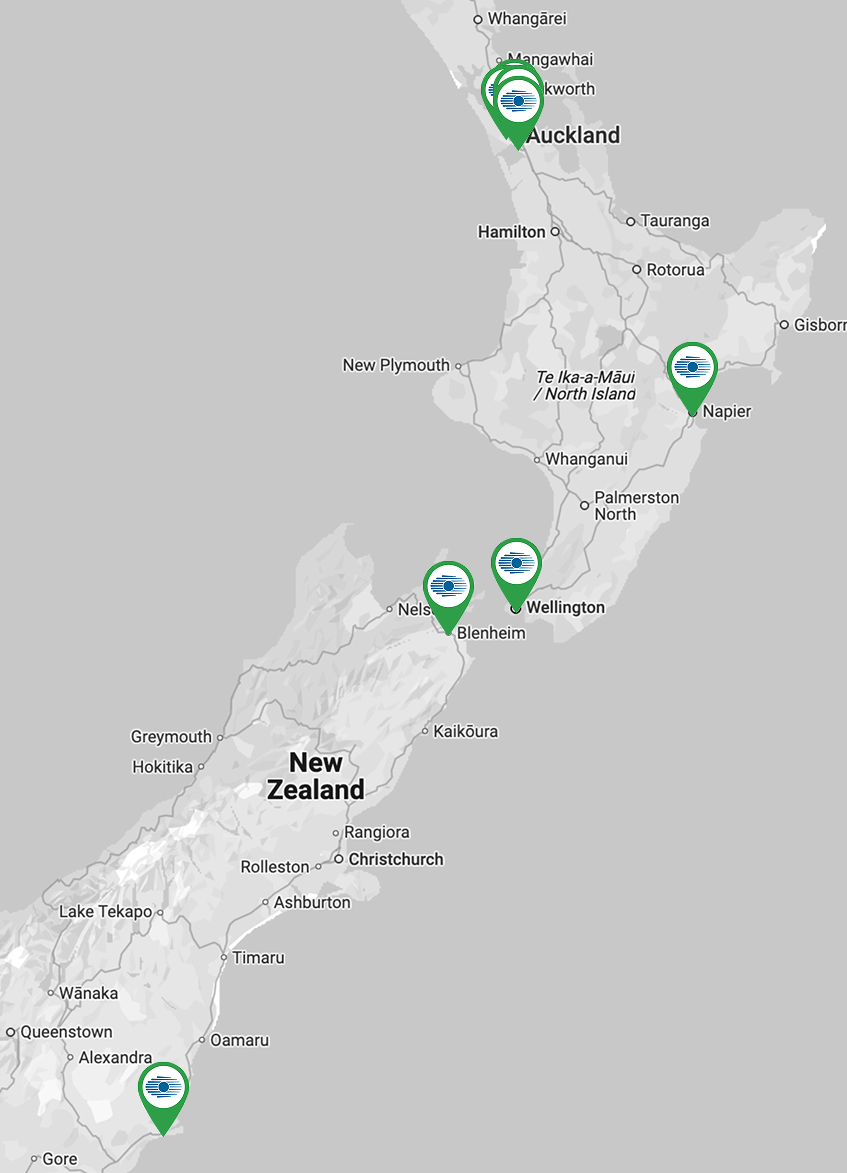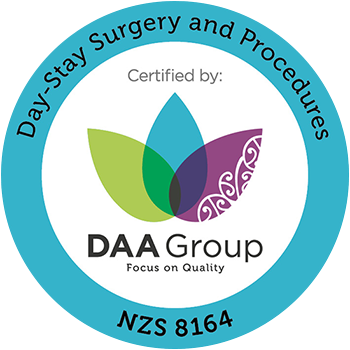Dr Ring explains the conditions that he looks for that may affect his treatment recommendation
Discover more about this condition and how to treat it
Discover if you could be free from glasses and contacts
Everyone deserves a life free from glasses and contacts, but not everyone is suitable. The best way to find out if vision correction is right for you is to book a free laser assessment. You’ll get a clear and honest answer on your suitability and treatment options.
Discover if you could be free from glasses and contacts
Everyone deserves a life free from glasses and contacts, but not everyone is suitable. The best way to find out if vision correction is right for you is to book a free laser assessment. You’ll get a clear and honest answer on your suitability and treatment options.
Choose the option below that sounds most like you to discover your best solution
Give us a call to understand how your insurance can help cover your treatment
Laser vision correction options can be confusing. We’ve made the journey as straightforward as can be
Get a quick overview of everything you need to know about gaining visual freedom
Eye Institute Annual Optometry Conference 2024
Eye Institute Annual Optometry Conference 2024 On Sunday 10th November, we held our [...]
Ice to see you! Gentoo penguin Melody gets vision makeover
Ice to see you! Gentoo penguin Melody gets vision makeover Collaborative cataract surgery a success Melody, a 14-year-old gentoo penguin [...]
Wellington Seminar 2023
On Friday 17th November Eye Institute presented to our Wellington optometry colleagues at [...]
Follow the links below to learn more about treating short-sightedness, long-sightedness and astigmatism from authoritative sources. These links will take you off our website












